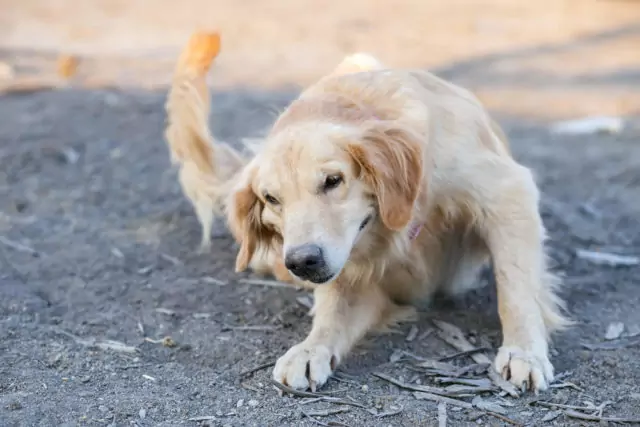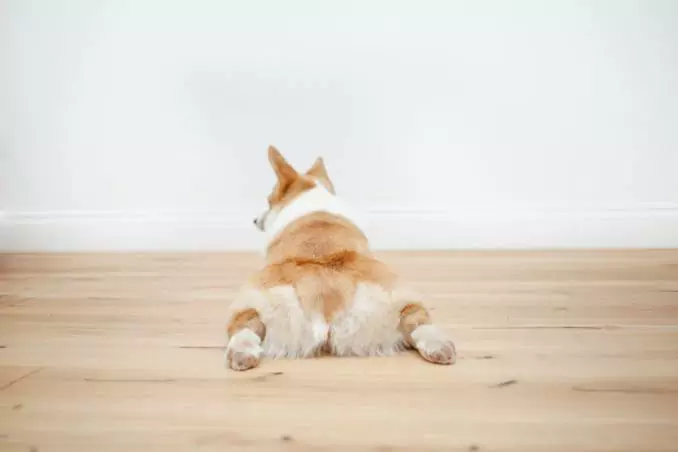Can dogs eat bologna? Dogs vomiting and shaking after eating bologna
2022-07-01
Can dogs eat bologna
Dogs can eat salami, but they need to be fed in controlled amounts. The bologna contains a lot of nitrites, and a large intake can cause some damage to the animal's organism. In the usual feeding process, we should still focus on dog food, choose high-quality dog food, to give it enough nutrition to help the dog grow up healthy.
It is not recommended to feed salami to puppies, for two main reasons.
1, salami is too salty, eaten will lose a lot of hair, hair laxity is unable to help protect the skin of puppies after.
2, easy to get skin diseases. More bacteria in bacon, some parasitic bacteria will bite out wounds on the puppy, making the puppy's skin infection.
General dog 45 days weaning, after eating with hot water, or goat milk softened dog food, three months later you can eat dry dog food can also be their own with some meat and so on. Before weaning, it is best to drink breast milk, if the dog's mother is not in the goat's milk or dog milk powder, twenty days later you can soak a little bread inside the milk and other good digestive things.
銆€銆€Dogs are carnivores and sometimes vegetarians, but there are many dietary contraindications for dogs, such as raisins and salt in seasonings that can damage a dog's kidneys and cause fatal damage.
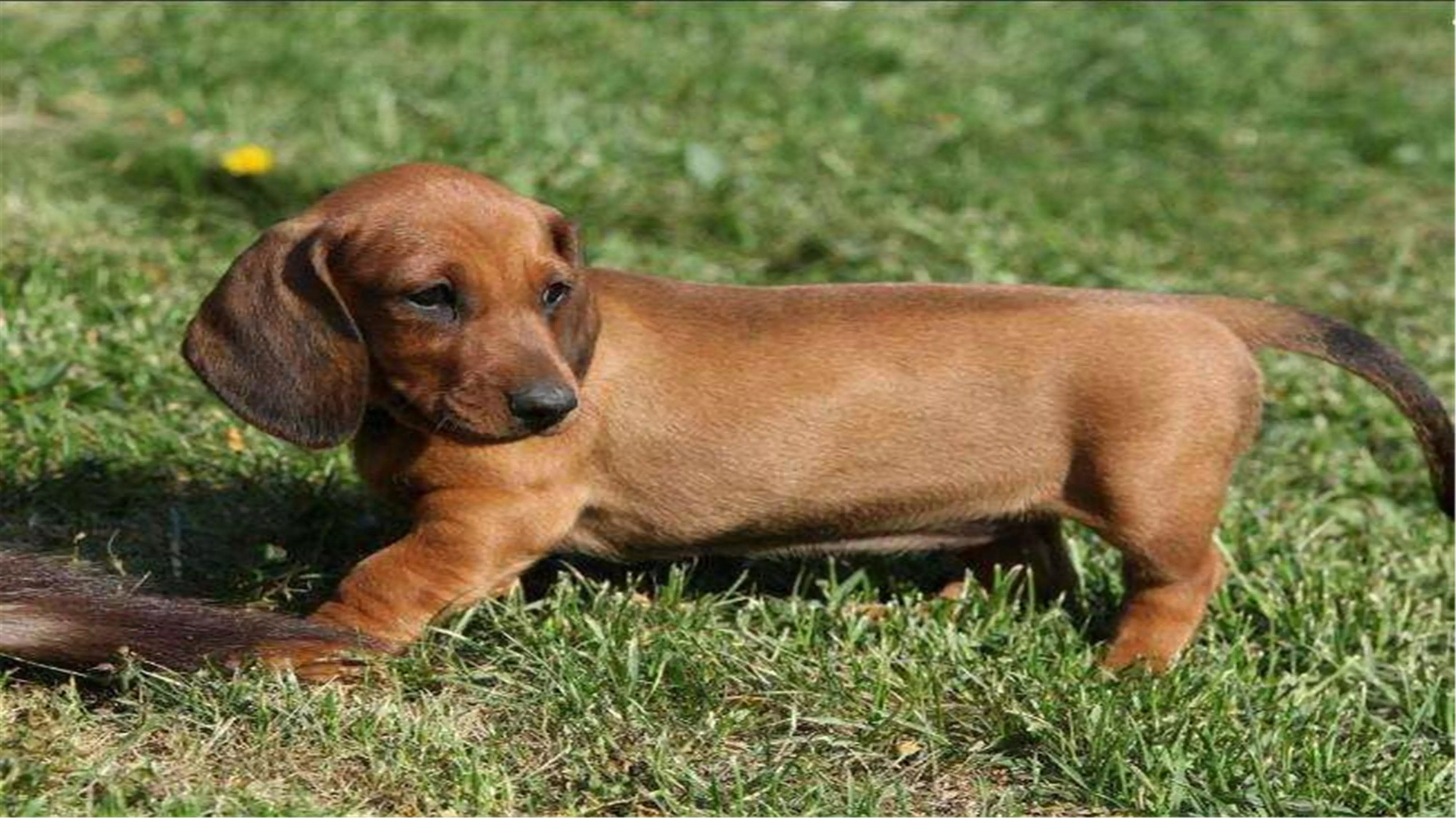
Can dogs eat sausage
Yes, but it's best not to eat too much of it.
1, dogs belong to a kind of omnivore, so they can eat sausages.
2. Dogs eating sausage can become picky eaters, which is not conducive to healthy growth.
The danger of meat and fishy food to dogs.
1, animal fat, fried food, leftover soup Excess fat can lead to pancreatitis.
2, can penetrate the stomach and intestines of sharp bones will break bones, such as chicken bones, may pierce the dog's throat; or cut the dog's mouth, esophagus, stomach or intestines. If you want to feed the bones, the pressure cooker should be boiled, bone marrow is an excellent source of calcium, phosphorus and copper, gnawing on large bones helps to remove tartar.
3, raw or cooked liver A small amount of liver is good for dogs, but too much can cause problems. Because liver contains a lot of vitamin A, it can cause vitamin A toxicity. An amount of about 3 chicken livers (or the corresponding amount of other animal livers) a week can cause bone problems.
4, raw meat, poultry meat The dog's immune system cannot adapt to poultry and meat raised in captivity. The most common salmonella and bacillus are very dangerous to dogs. And often feed raw meat will cause the dog's primitive instincts, and thus promote aggression.
5. The fat globules in pork are larger than in other meats and may block the microvasculature of dogs. Avoid pork products, especially bacon that contains sodium nitrate.
Love pets beware of bacon poisoning
1. The animal body more or less needs salt intake (the daily salt intake of dogs is 0.25-0.5g/kg body weight) in order to maintain normal electrolyte and metabolic balance. So dogs definitely need salt, just the difference between the amount and the amount of specific time period.
2. Dogs do not have sweat glands, not by sweat glands to dissipate heat, mainly rely on breathing and foot pads to dissipate heat, including working dogs in general, under normal circumstances, dog food and people eat daily food, can already provide sufficient salt for the dog body metabolism. So I have never heard of specifically feeding salt to dogs.
3. If a certain period of time, the intake of large amounts of salt will be what? The answer is definitely no, it is very dangerous. Usually there are abnormal problems with kidneys, blood pressure, heart, and nerves (salt poisoning in dogs is 1.5-2.2g/kg body weight and lethal 3.7-4g/kg body weight). It is even more dangerous if it is an extreme outside environment.
4. What happens in chronic salt poisoning? Some owners like to give their dogs some human food, and because of the salty side, the result will cause picky eating, hair loss, and then induce some skin diseases.
Emergency treatment methods.
1, immediately stop feeding diets and food containing too much salt, give enough water, but also can be cast milk, rice soup, etc.
2, promptly sent to the hospital, oxygen, rehydration, such as static injection of 5% calcium gluconate solution or 10% calcium chloride solution; to relieve cerebral edema, static injection of 250 gross sorbitol or hypertonic glucose solution; depending on the condition can be given cardiac agents, sedatives, antispasmodics.
Dogs eat bacon vomiting and shivering
The first step is to ensure that the dog is in a healthy state
Dogs do not vomit and bleeding, fever, diarrhea and other adverse phenomena, the state of mind is excellent, proving that the dog is not much of a problem. And if the above situation, you need to be extra careful, you need to symptomatically give the dog to eat the appropriate things.
The second step, the dog vomiting, diarrhea belongs to the gastrointestinal problems, the need for long-term conditioning
First of all, the dog vomited blood, diarrhea, this type, most dogs because of gastrointestinal problems, gastroenteritis, indigestion caused by the solution: 1, fasting for a day to observe, the next day there is no improvement; 2, feeding some millet porridge, Gulden probiotics to facilitate the dog's gastrointestinal conditioning, of course, encountered poor gastrointestinal dogs, the need for long-term conditioning, it is not recommended that the dog eat dry and hard dog food.
After the dog's symptoms are relieved, the usual feeding, you need to strengthen nutrition, in addition to feeding Glutonian probiotics, adding some MAG Gold Vitamins such as probiotic pet nutrition.
Dogs can not eat the following six types of food
One, can not eat bones, especially chicken and duck a sharp bone.
Eating bones can easily lead to constipation, and even if you give your dog bones (to sharpen their teeth), we recommend choosing large bones from cattle, sheep and pigs rather than sharp poultry bones. Chicken, duck, goose and other poultry bones after cooking, will become unusually sharp, it is easy to scratch the dog's mouth and pierce the digestive tract (gastrointestinal) and cause bleeding.
Second, can not eat liver for a long time, because long-term consumption can cause excessive vitamin A or even poisoning.
Long-term eating liver to the dog's liver caused by overload, indigestion.
Third, can not eat onions, onions and other types of food, some dogs eat such food can cause cell hemolysis, the phenomenon of blood in the urine.
Onions and shallots contain disulfides, which are harmless to people, but can cause oxidation of red blood cells in cats and dogs, which may cause hemolytic anemia. Even by heating, it can not destroy the harmful substances.
Fourth, you can not eat chocolate, some dogs are excited and restless after consumption, and chocolate contains a lot of sugar, which is harmful to the health of dogs.
The purine content of the theobromine in chocolate is very high, and the dog's ability to degrade purine is much lower than that of humans, which can damage the dog's kidneys, and chocolate also contains caffeine, which is also bad for the dog's health.
Five, can not eat seafood and other allergy-prone food.
Sixth, can not eat high sugar, high fat, high salt food. High sugar, high-fat food is easy to make dogs fat and induce a series of diseases; excessive salt, is bound to increase the burden of kidney excretion, affecting the health of the kidneys, breaking the balance of body fluids, resulting in a variety of skin diseases.
Extended information.
Dogs' dietary habits
1, carnivores
Dogs are carnivores, in feeding, need to formulate more animal protein in the feed, supplemented by vegetarian ingredients to ensure the normal development and health of the dog.
2銆丗ecal-eating animals
Dogs generally exist to varying degrees to humans and their own feces as a food habit. Some studies have shown that dogs in the process of domestication for tens of thousands of years and humans to get along with this habit, which is an important source of food in early human society when dogs had to accept feces as one of the important sources of food, there are also views that this is the dog in food deficiency, malnutrition lack of certain micronutrients or parasitic disease in the case of sick performance. This behavior can also be reduced when supplemented with trace elements.
3, also eat vegetarian food
Dogs sometimes eat grass, but eat very little, and occasionally vomit, dogs eat grass is not to fill the hunger, but to clear the stomach, mainly due to the unique structure of the dog's intestines. The dog's stomach is very large, accounting for about 2 / 3 of the abdominal cavity, while the intestines are very short, accounting for about 1/3 of the abdominal cavity, so the dog is basically the stomach to digest food and absorb nutrients, easy to digest meat food, not easy to digest things like leaves, grass and other "tendons". Although the dog belongs to the carnivore, but survival is difficult when the dog can rely on vegetables and grains such as food to live.
4銆丩ove to chew bones
Dogs like to chew bones. This is also the original when tearing prey left by the habit. We should often give it some bones when feeding. (*Remember: do not use poultry bones, which may pierce the dog's intestines)
Translated with www.DeepL.com/Translator (free version)
Was this article helpful to you?
Other links in this article
español :
¿Pueden los perros comer mortadela? Los perros vomitan y tiemblan después de comer mortadela
Italiano:
I cani possono mangiare la mortadella? Cani che vomitano e tremano dopo aver mangiato mortadella
português (Brasil):
Os cães podem comer bolonhesa? Os cães vomitam e tremem depois de comer mortadela
中文简体:
狗能吃腊肠吗?狗狗吃了腊肉呕吐发抖
中文繁体:
狗能吃臘腸嗎?狗狗吃了臘肉嘔吐發抖
Comments
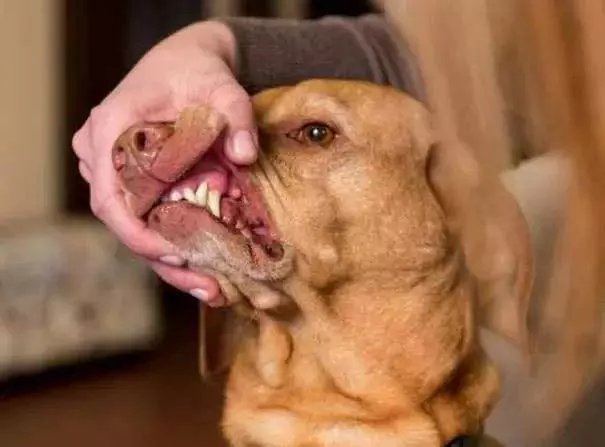
Is a dog's mouth cleaner than a human's? Dogs' mouths need regular cleaning
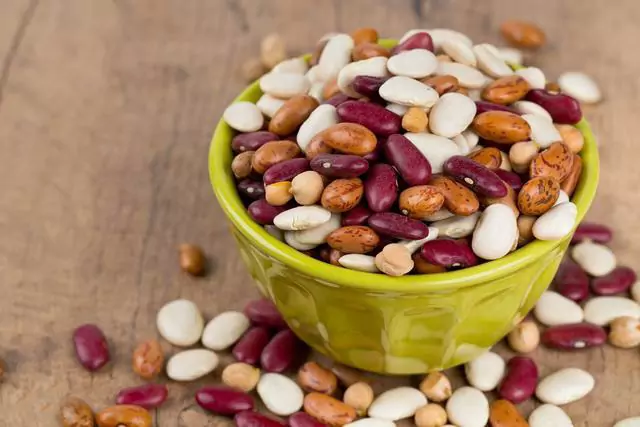
Can dogs eat beans? Do dogs eat beans for health?
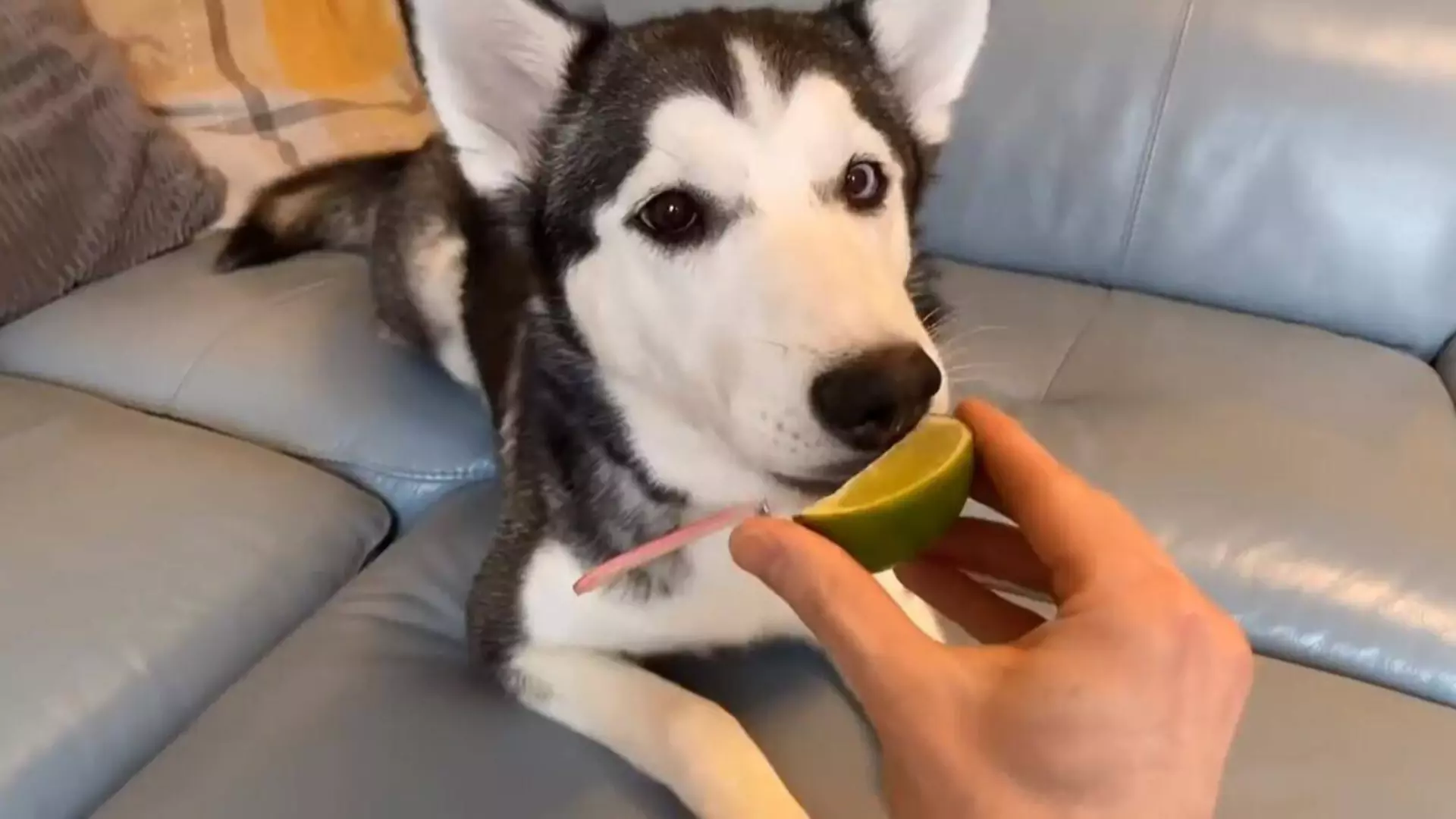
Can dogs eat lemons? Fruits that dogs should not eat more of
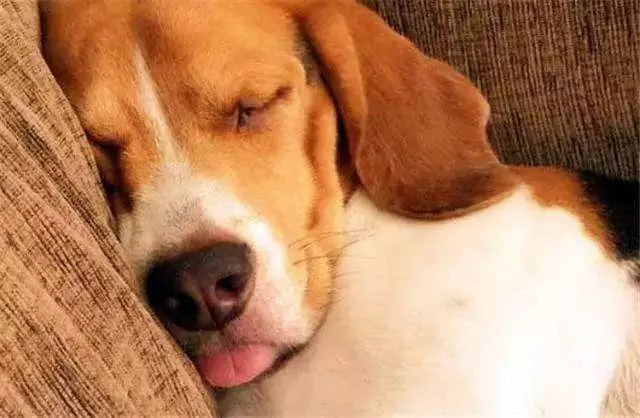
Do dogs have nightmares? Are dogs' dreams similar to humans'?
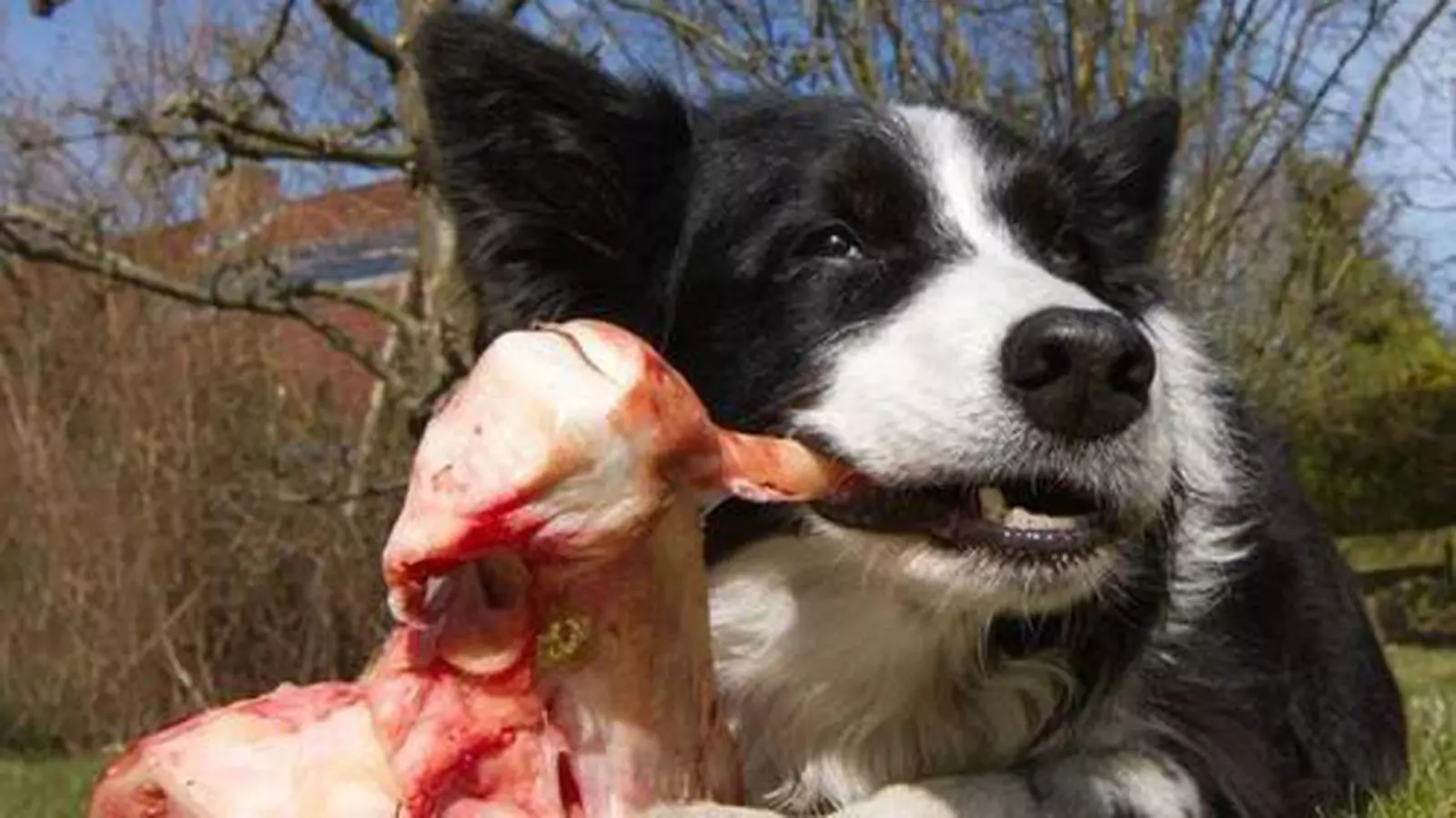
Can dogs eat raw beef? The benefits and drawbacks of beef for dogs
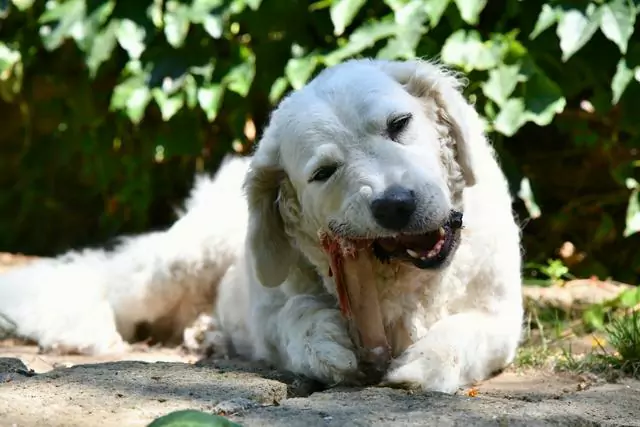
Is raw meat good for dogs? Can dogs eat raw chicken?
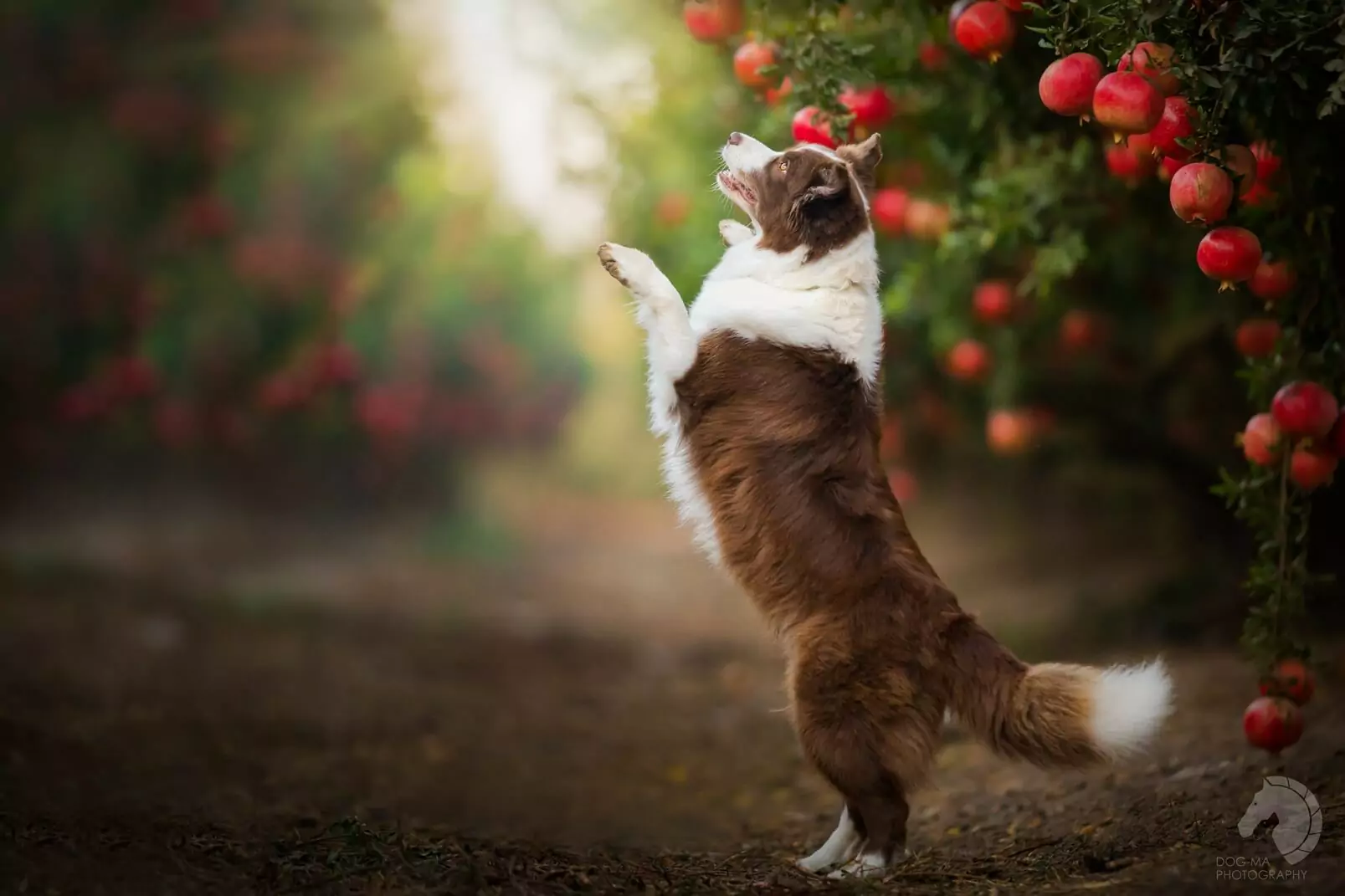
Can dogs eat pomegranates?
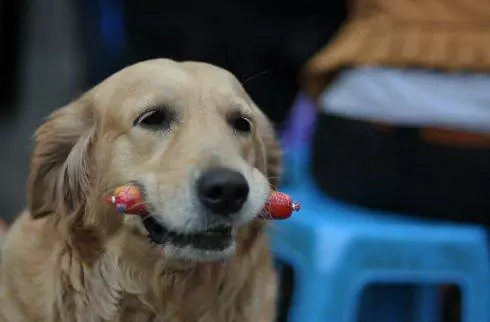
Can dogs eat ham?Can all types of ham hocks be eaten?
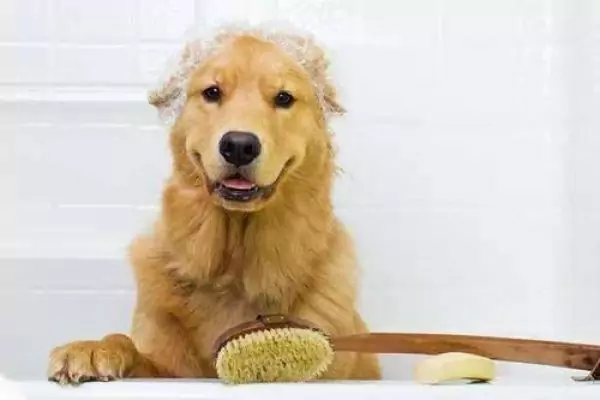
How to give a dog a bath
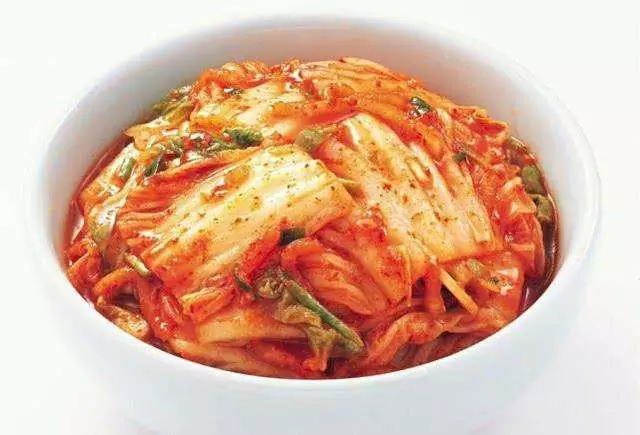
Can dogs eat kimchi?







